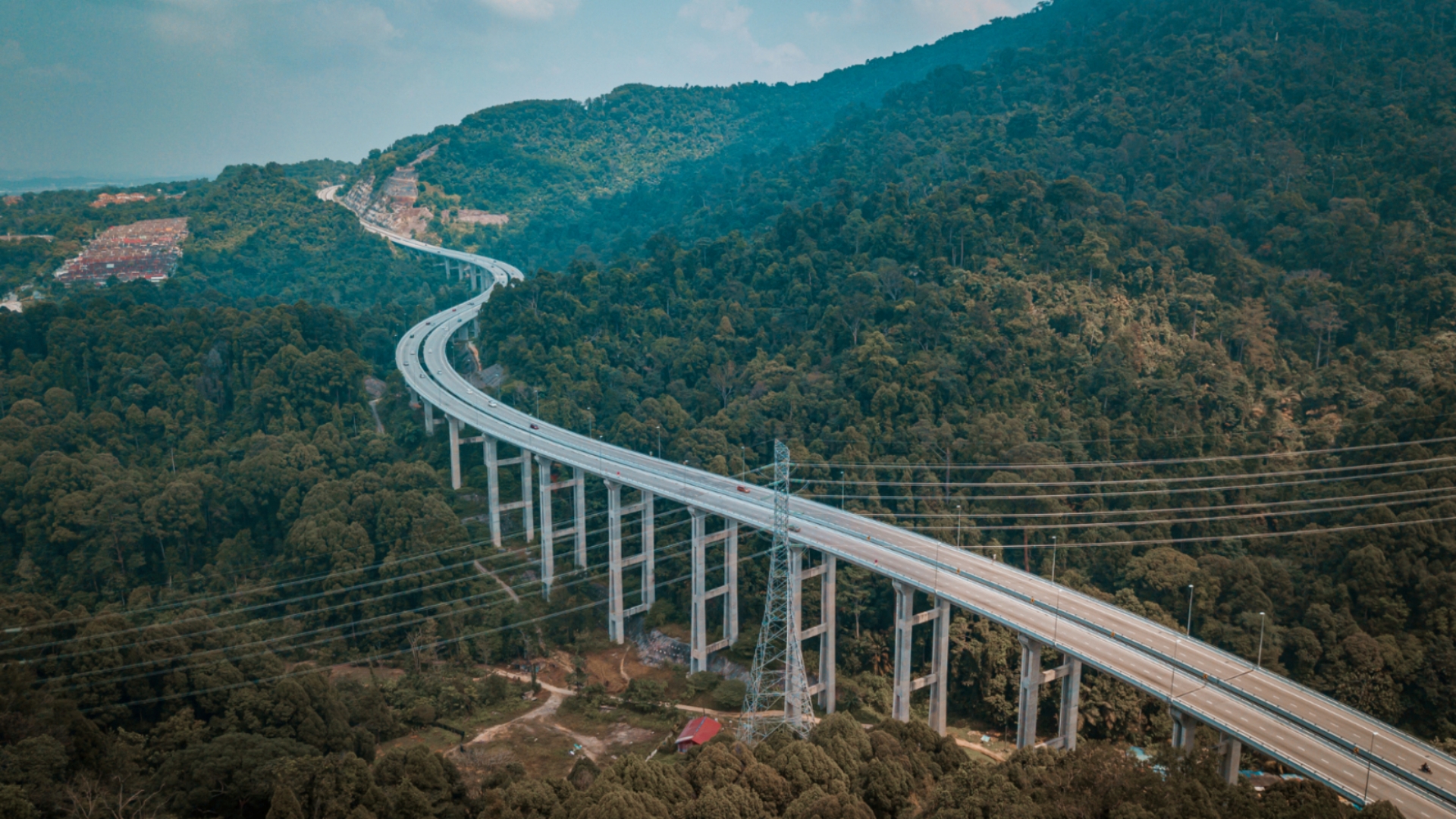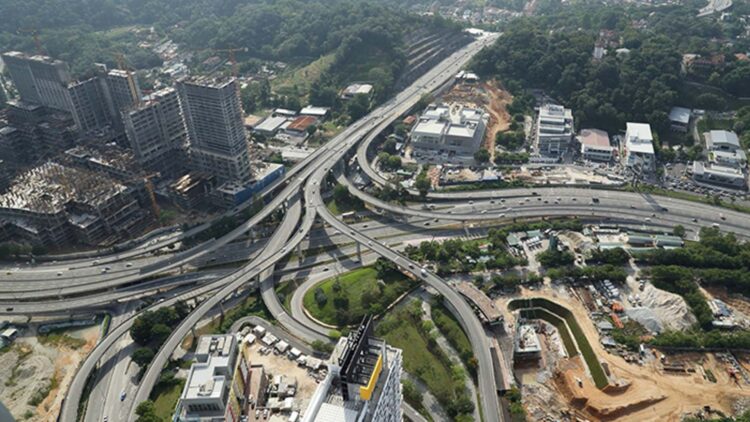In response to numerous complaints from Malaysians about poor cellular reception along highways, the government has decided to take action. As revealed by Works Minister Datuk Alexander Nanta Linggi on social media, a special meeting was recently held to explore effective solutions for enhancing telecommunications and internet coverage on Malaysian highways.
“Interrupted internet coverage, stopped calls halfway through — this is the reality our country’s highway users often face,” he stated in the Facebook post. “To date, approximately 50 km of highways have been identified as not receiving telecommunications coverage, including several sections of the PLUS expressway, West Coast Expressway (WCE) and East Coast Highway 2 (LPT2),” he said.
The meeting was attended by the Communications Minister Datuk Fahmi Fadzil, the Malaysian Communications and Multimedia Commission (MCMC), and the Malaysian Highway Authority (LLM). According to Nanta, at the end of the meeting, three key decisions have been taken to rectify the issue.
The decisions include the establishment of an LLM-MCMC Special Task Force to comprehensively coordinate the action plan. Another decision that was taken is to identify the critical locations of the dropped calls and examine the installation requirements of the telecommunication infrastructure.

Highway companies will also be brought into the process to provide short- and long-term solutions. Meanwhile, Regional LLM and State MCMC will conduct inspections on the critical spots to evaluate power supply facilities for infrastructure upgrades. Furthermore, Nanta has also requested the MCMC to be directly involved in identifying the frequency of disruptions and to provide technical support for the future implementation of the Multi-Lane Free Flow (MLFF) system.
“This issue should not be taken lightly. In an all-digital world, access to internet and telecommunications networks is no longer a luxury, but a basic necessity – even while on the highway,” Nanta noted. “Our commitment is clear; not only building roads, but also ensuring that citizens are always connected smoothly and safely.”
(Source: Alexander Nanta Linggi, via Facebook)


